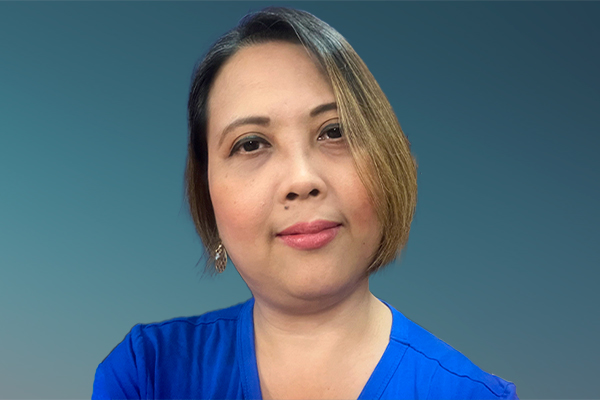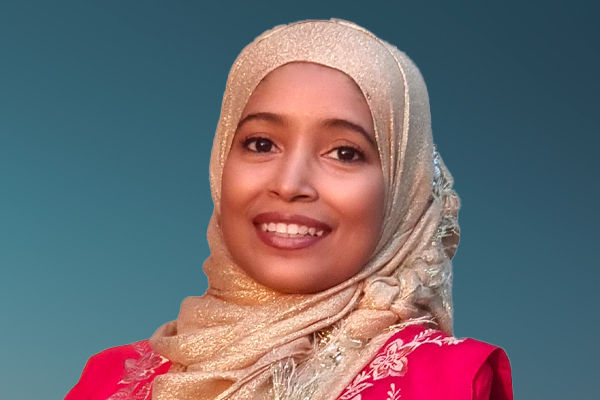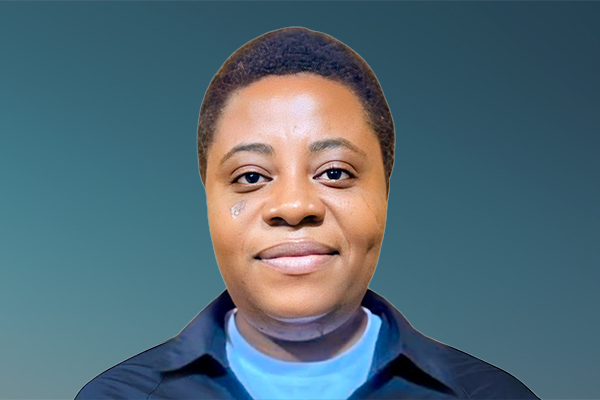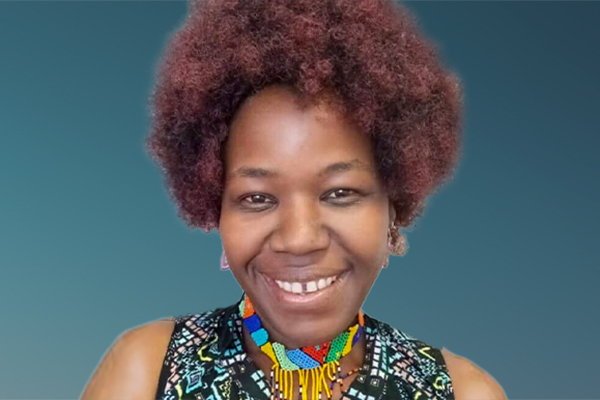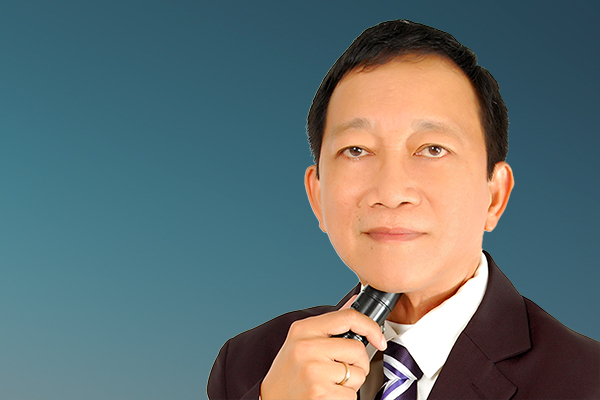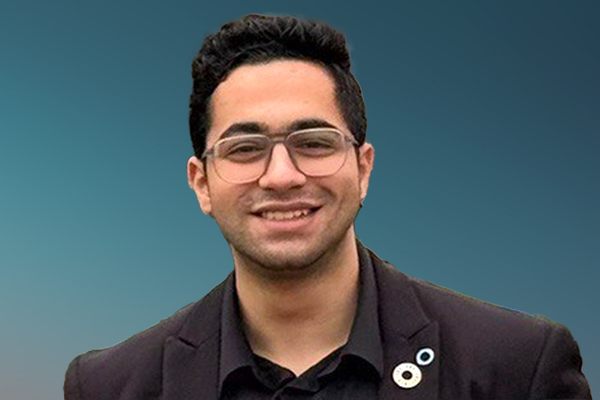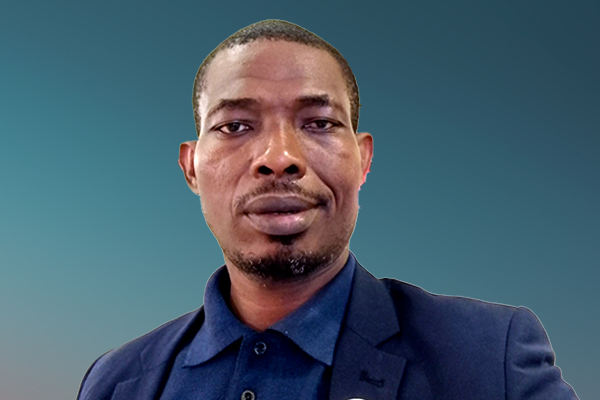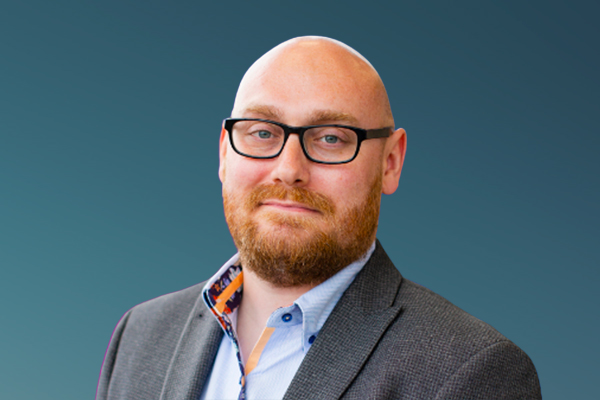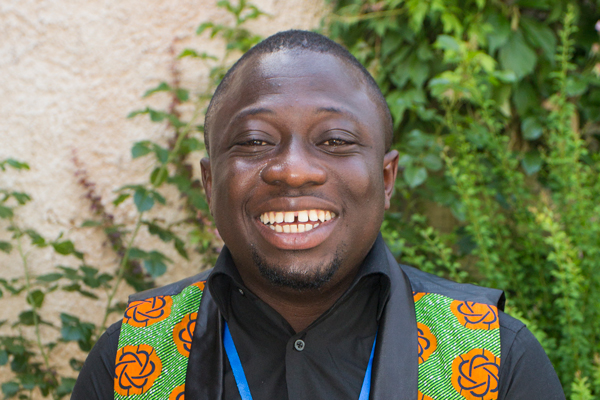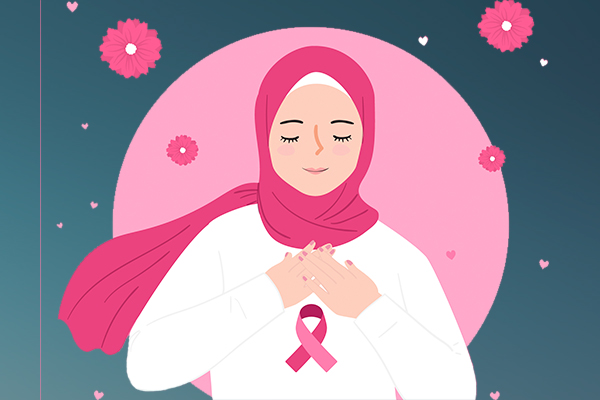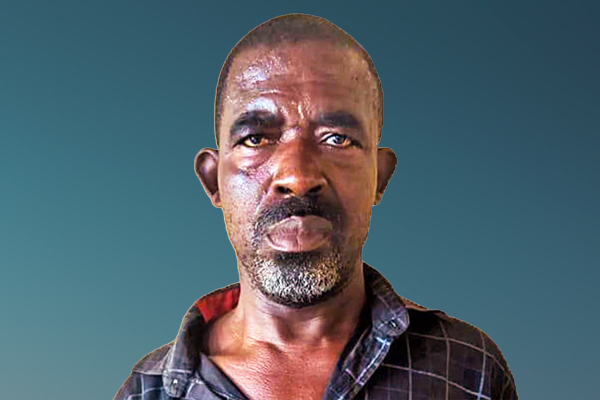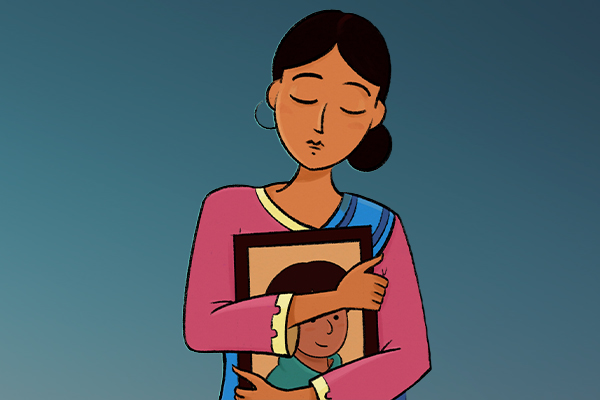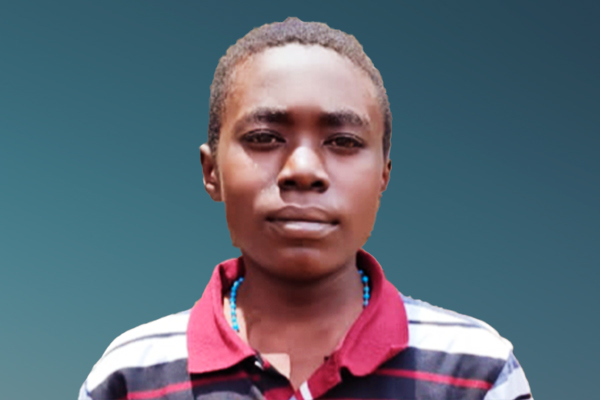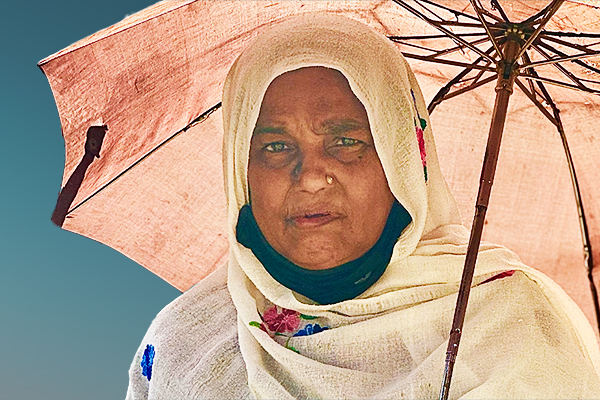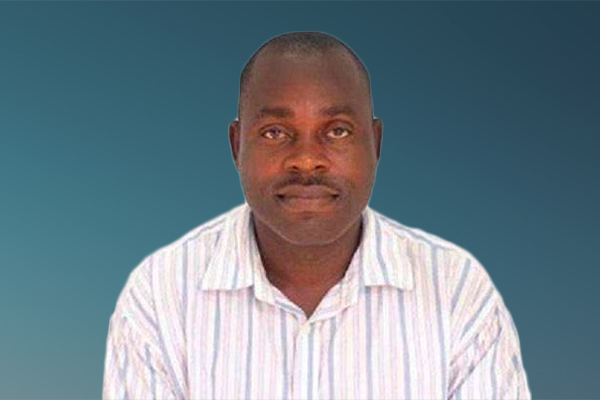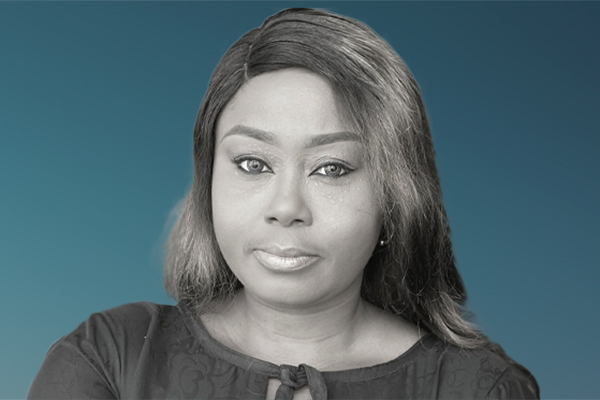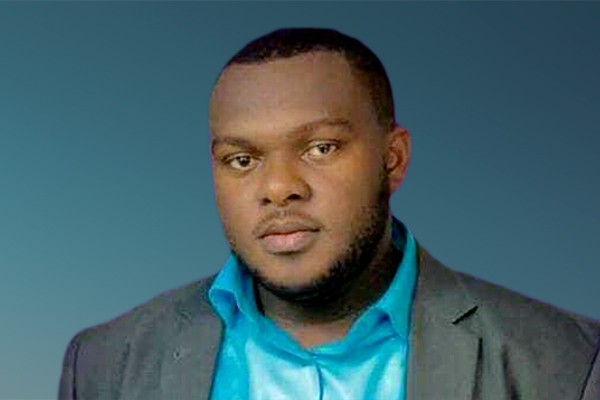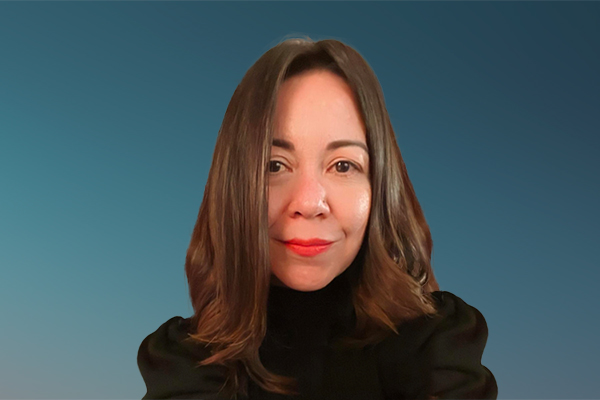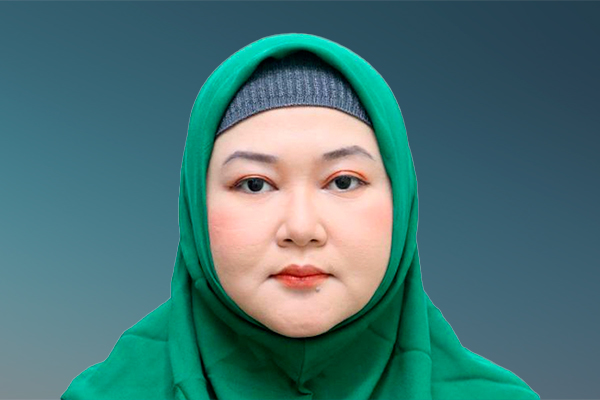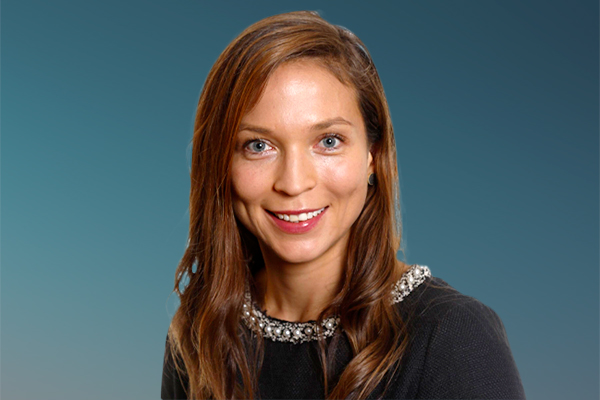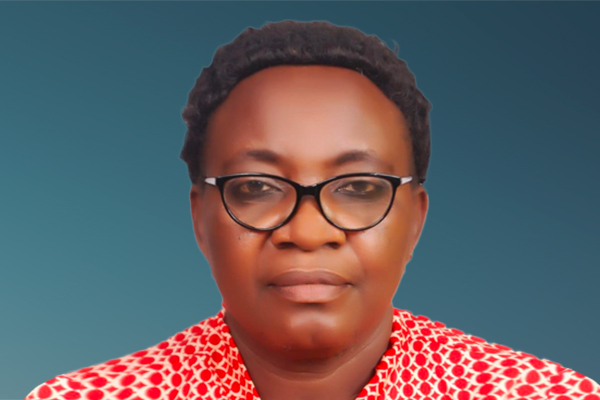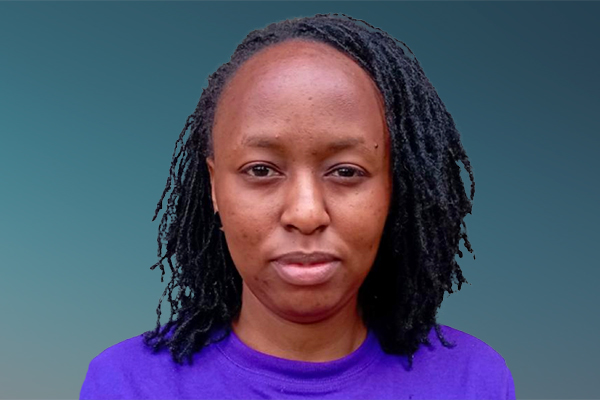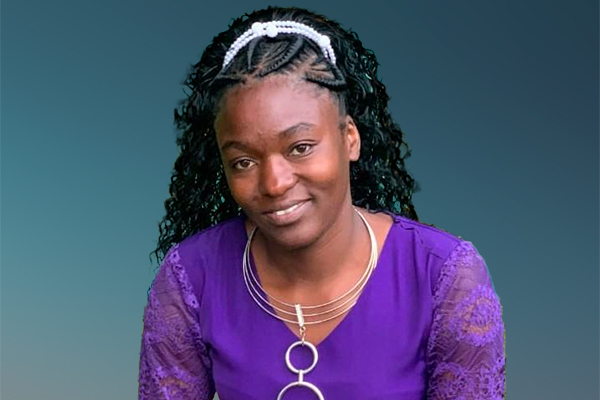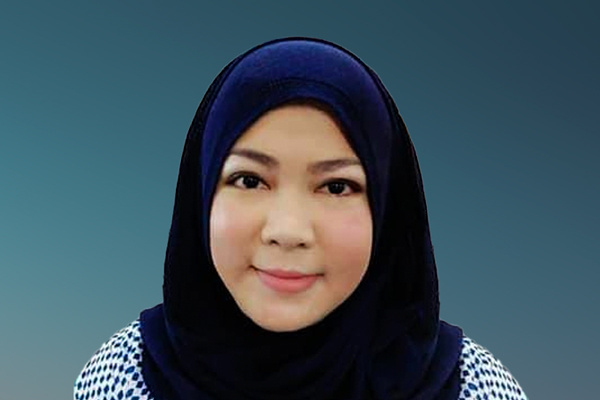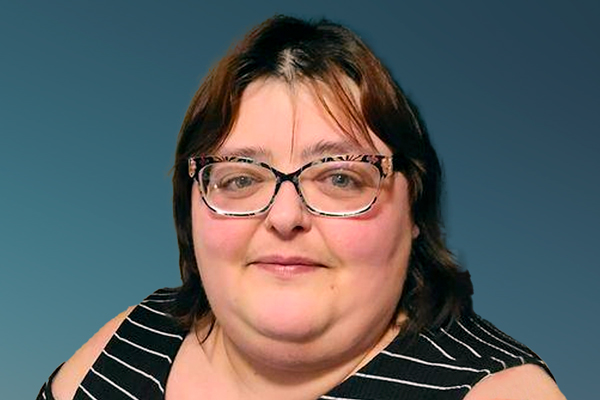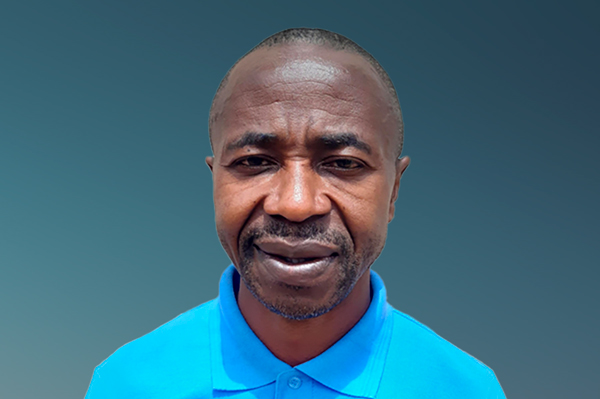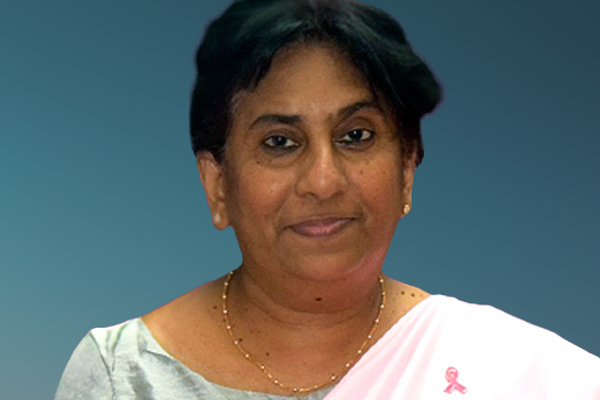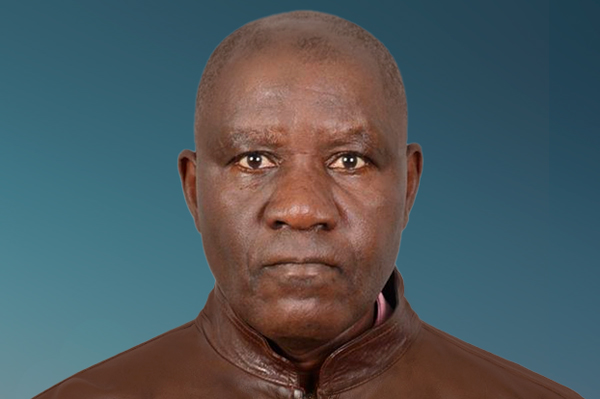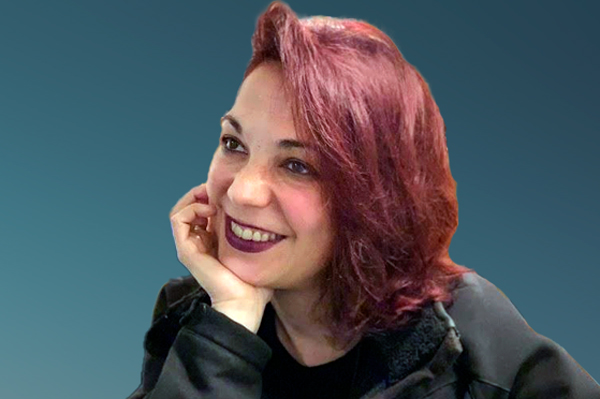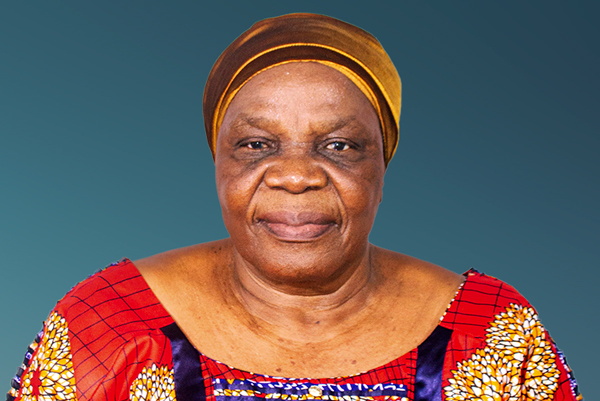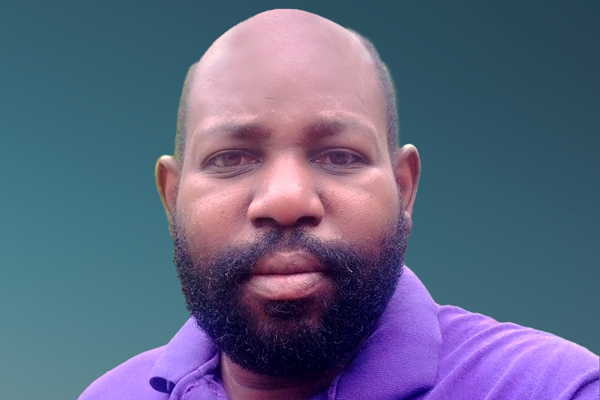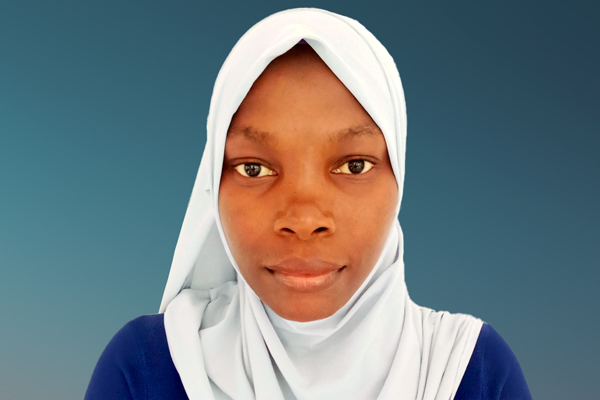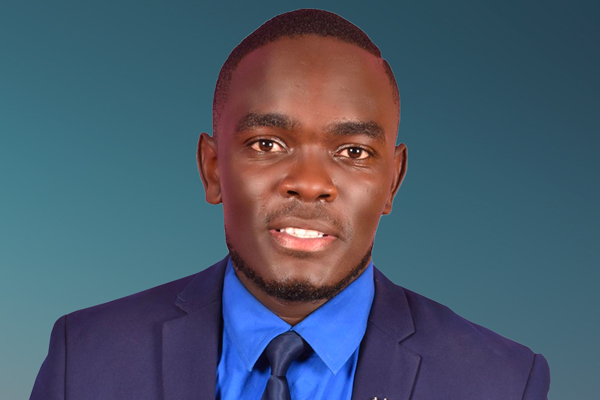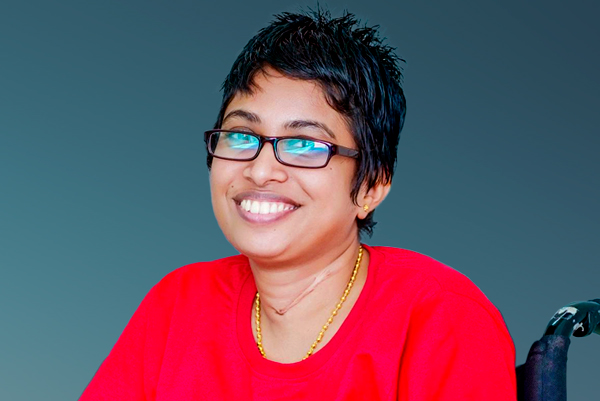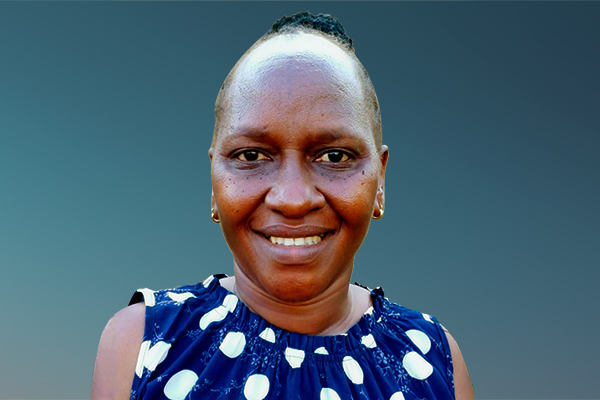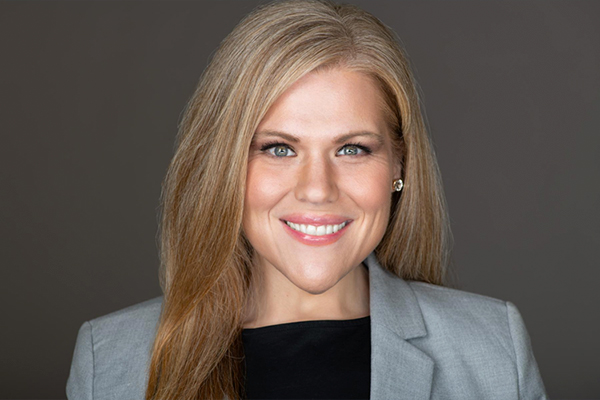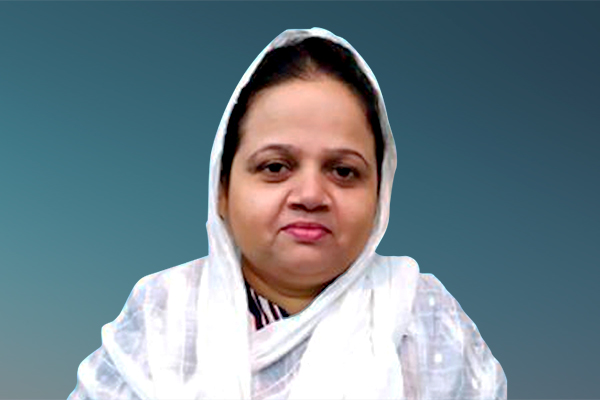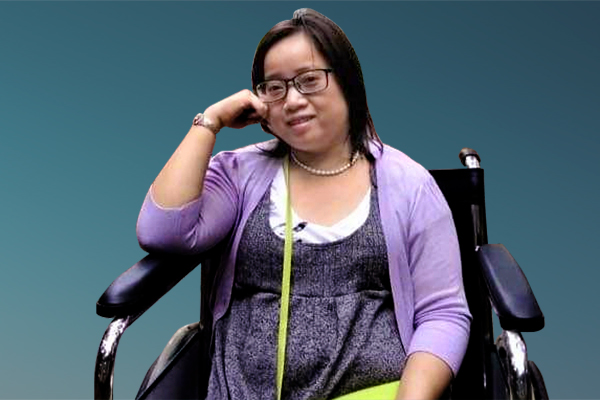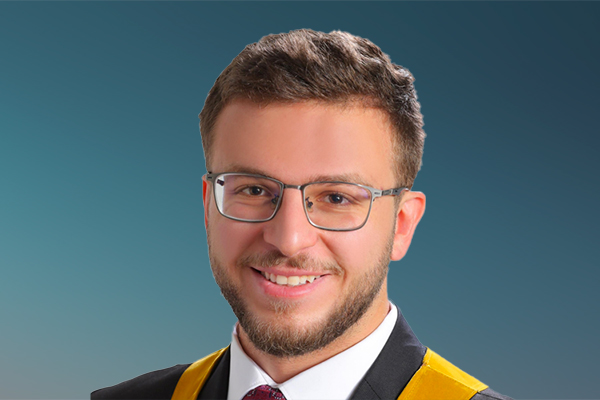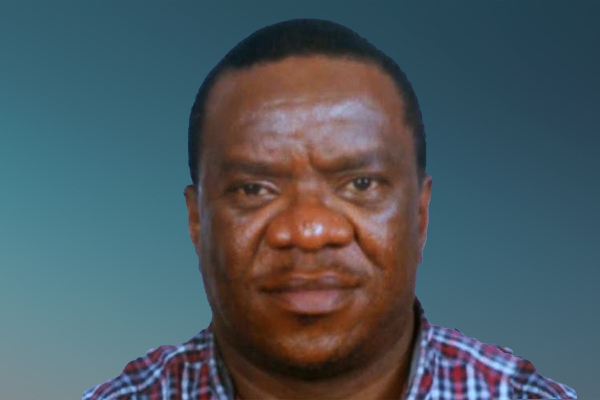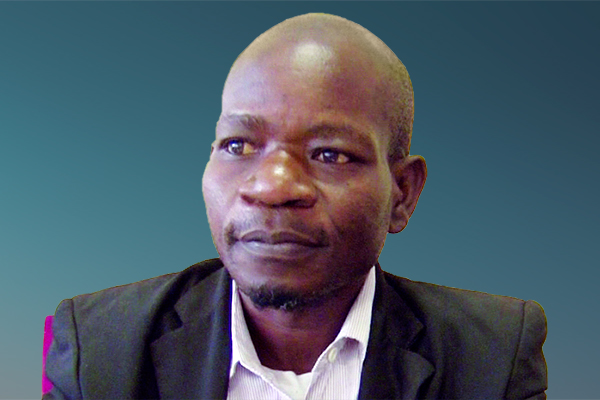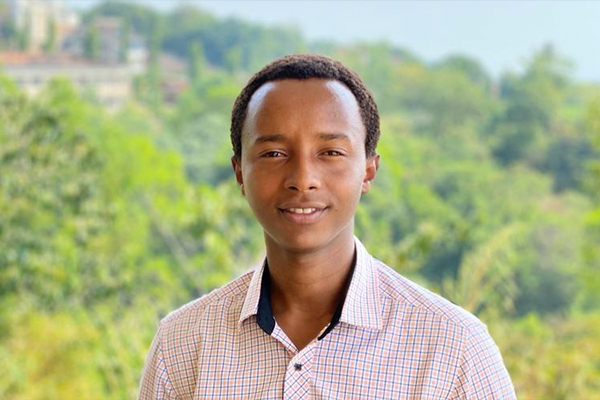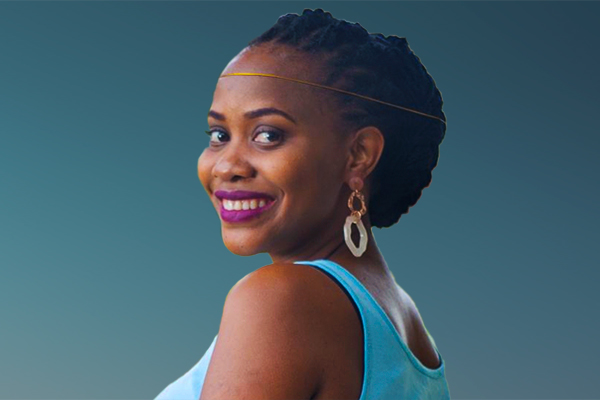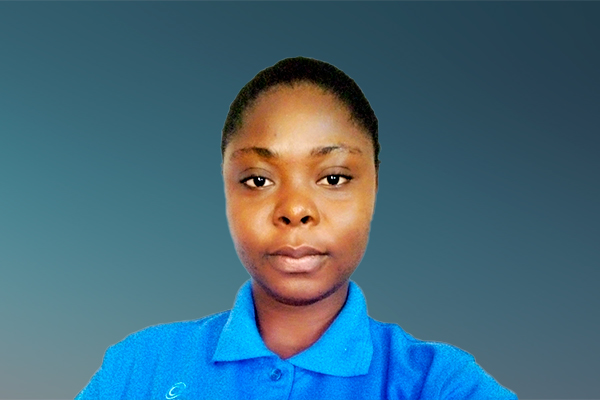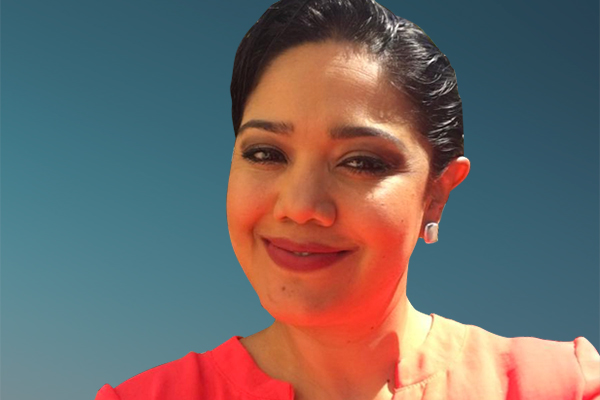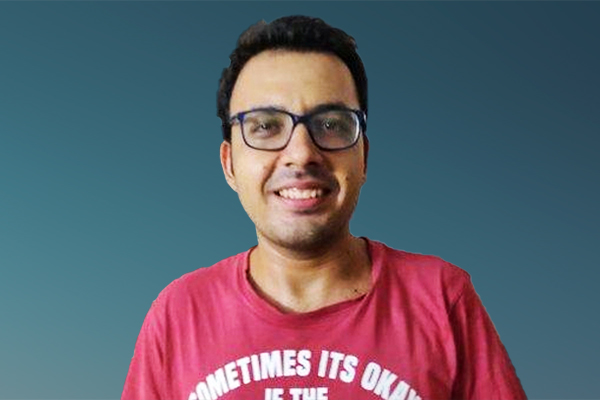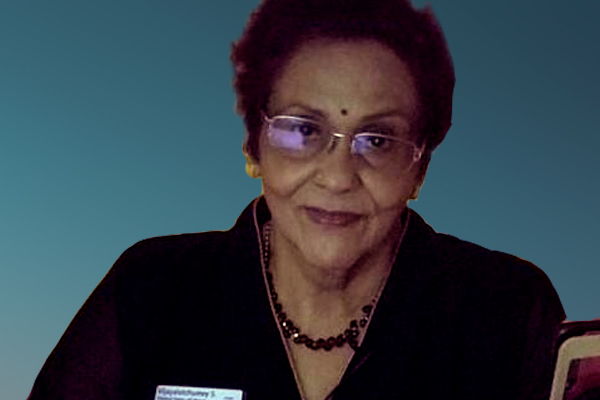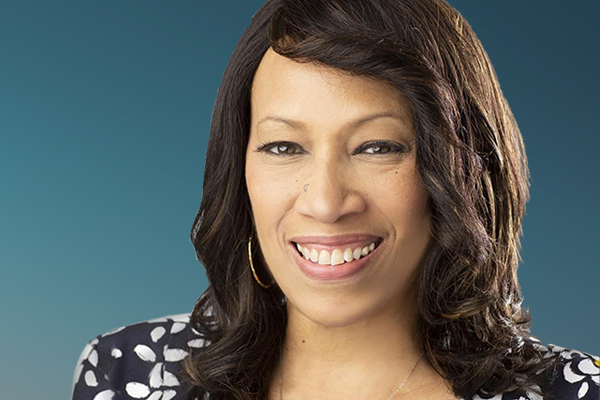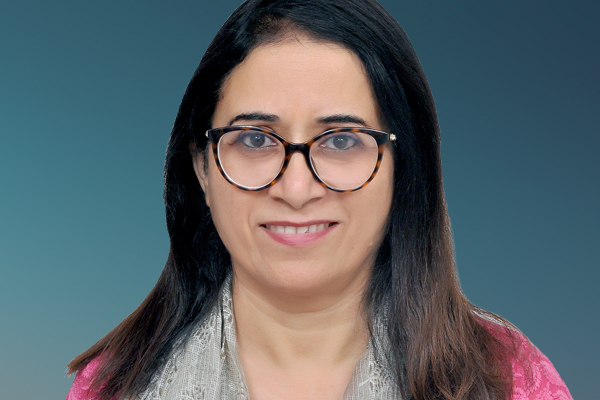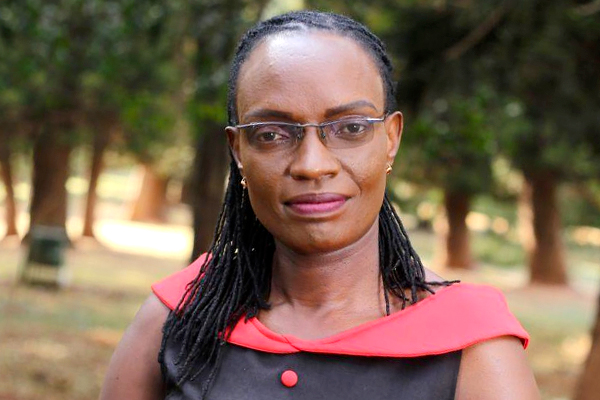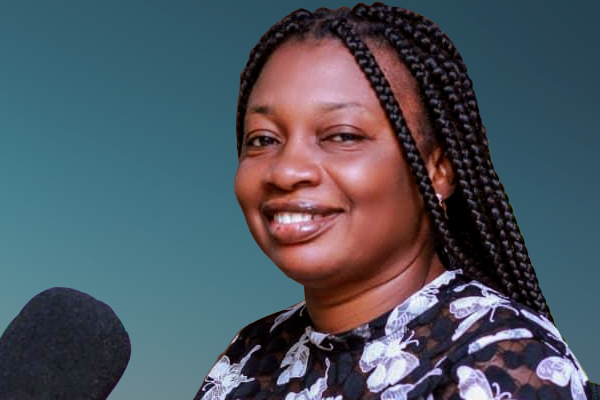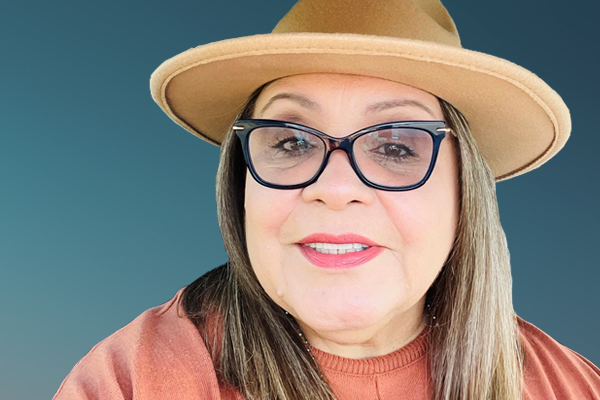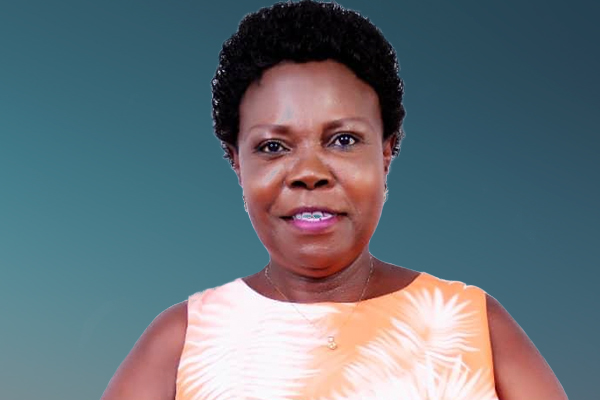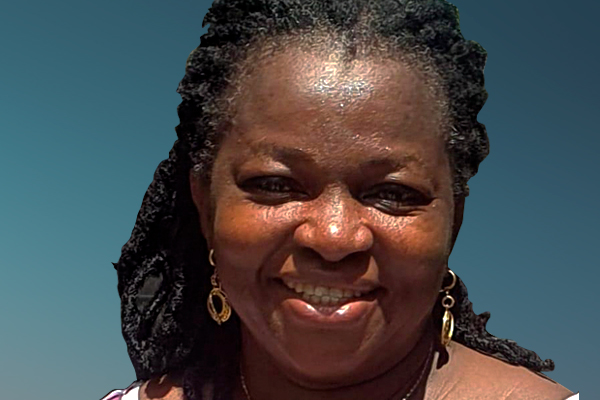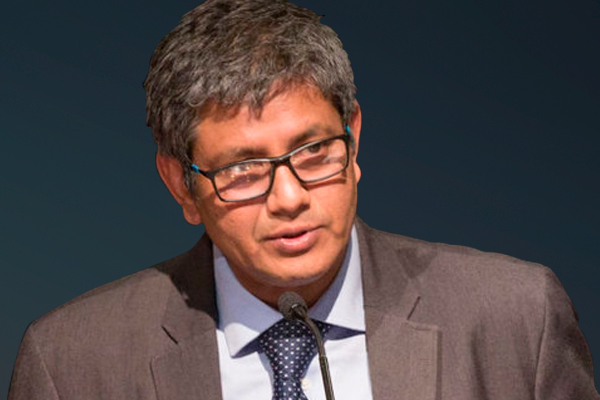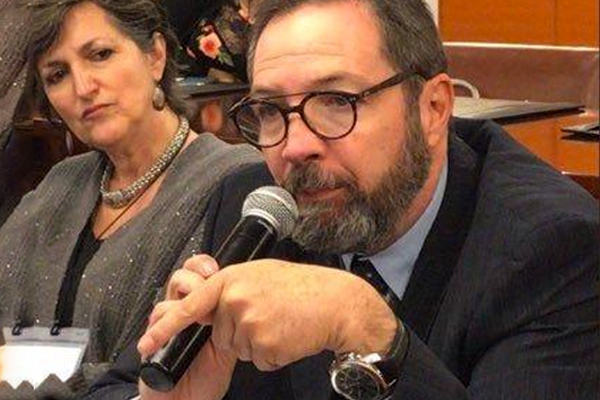My name is Nkiruka Vivian Okoro from the Eastern part of Nigeria. I live with type 1 diabetes and associated secondary complications (retinopathy and peripheral neuropathy) resulting from poorly managed diabetes. I was diagnosed with type 1 diabetes in 1988 at age 7, and at age 10, I developed retinopathy and peripheral neuropathy when I was in high school.
As a result of the interactions with my healthcare provider at the time of my diagnosis, I was aware about the possibility of secondary complications associated with diabetes. However, nothing much was done to address the risk.
My expectations from my government and policy makers in Nigeria, will be to focus on educational advocacy (i.e., diabetes prevention, early diagnosis of diabetes and support persons living with diabetes). I cannot overemphasize the importance of knowledge about timely diagnosis of NCDs.
3 April 2023
My diagnosis
In 1988 at age 7, I presented with all the classical symptoms of type 1 diabetes. However, my diagnosis was missed, and this resulted in a diabetic coma which lasted 5-days. This diagnosis was unexpected for a 7-year-old in the late-1980’s because diabetes was labelled as “old people’s disease”.
In 2001, I developed secondary complications because of poor management. However, with continuous diabetes education, I have been able to slow the progression of these complications, preventing the development of other complications, and subsequently having a much-improved quality of life.
I have an experience of being diagnosed with diabetes in Nigeria in 1988 and then I moved to the UK in 2010.
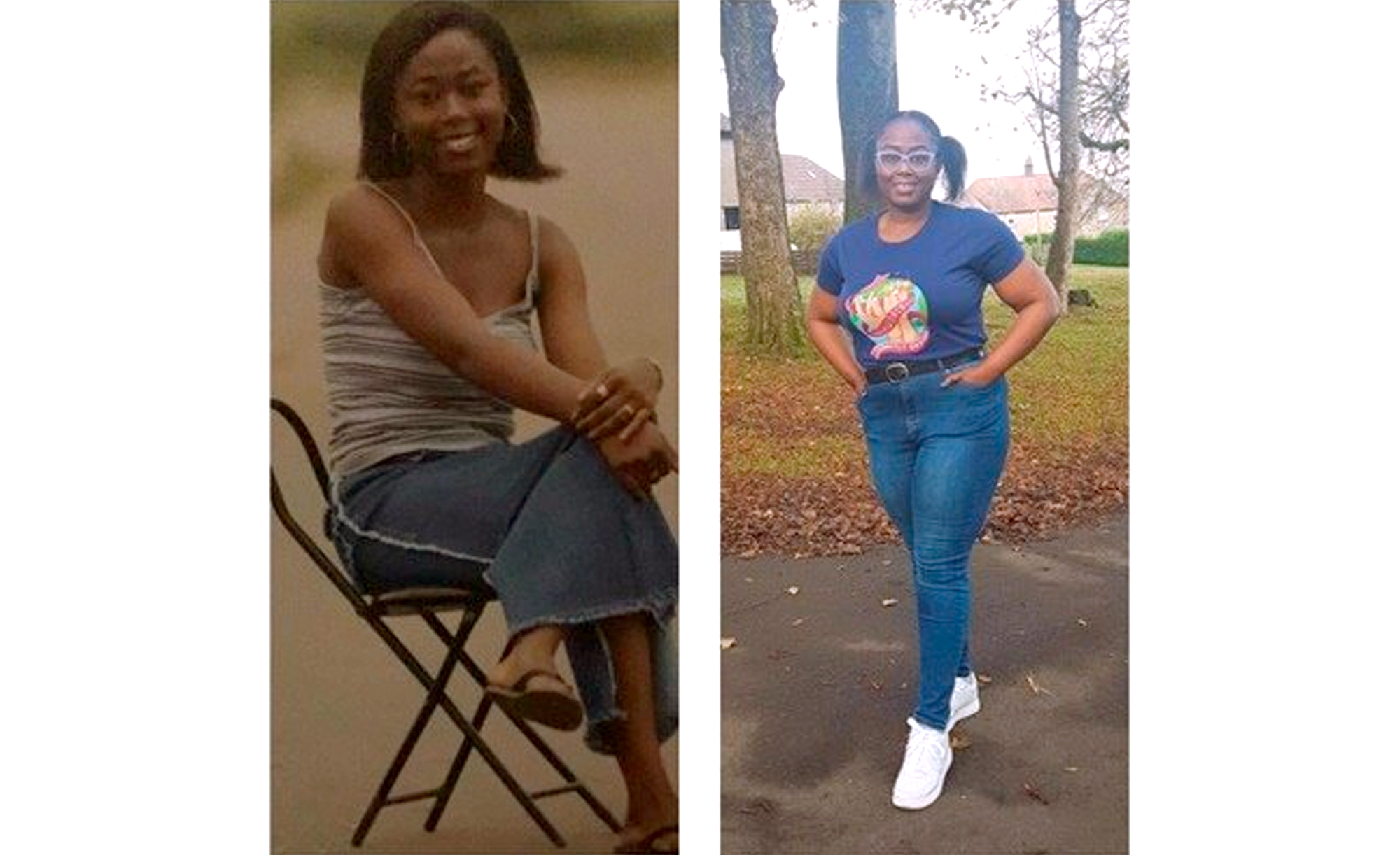
This is me on the left 3 years after my diagnosis (2001) with neuropathy and retinopathy. On the right, me in November 2022, a mother of two totally healthy children. Can you see the positive impact of continuous diabetes education in preventing other diabetes-related secondary complications.
3 April 2023
My self-care journey with T1D
After my diagnosis in Nigeria, I was advised mostly to cut off carbohydrate meals. All the meals I loved were labelled “unhealthy” for a person living with diabetes, and in turn I decided to hide and eat these labelled unhealthy meals. If I had adequate knowledge and tools, I would have known how to match my insulin to my favorite carbohydrate meals. “Little things that matter to young people”.
Thankfully, after I moved to UK, my multidisciplinary team (NHS UK) equipped me with the right knowledge about different food options and how to match-up my insulin-carb ratio. This is what an inclusive people-centered approach should look like.
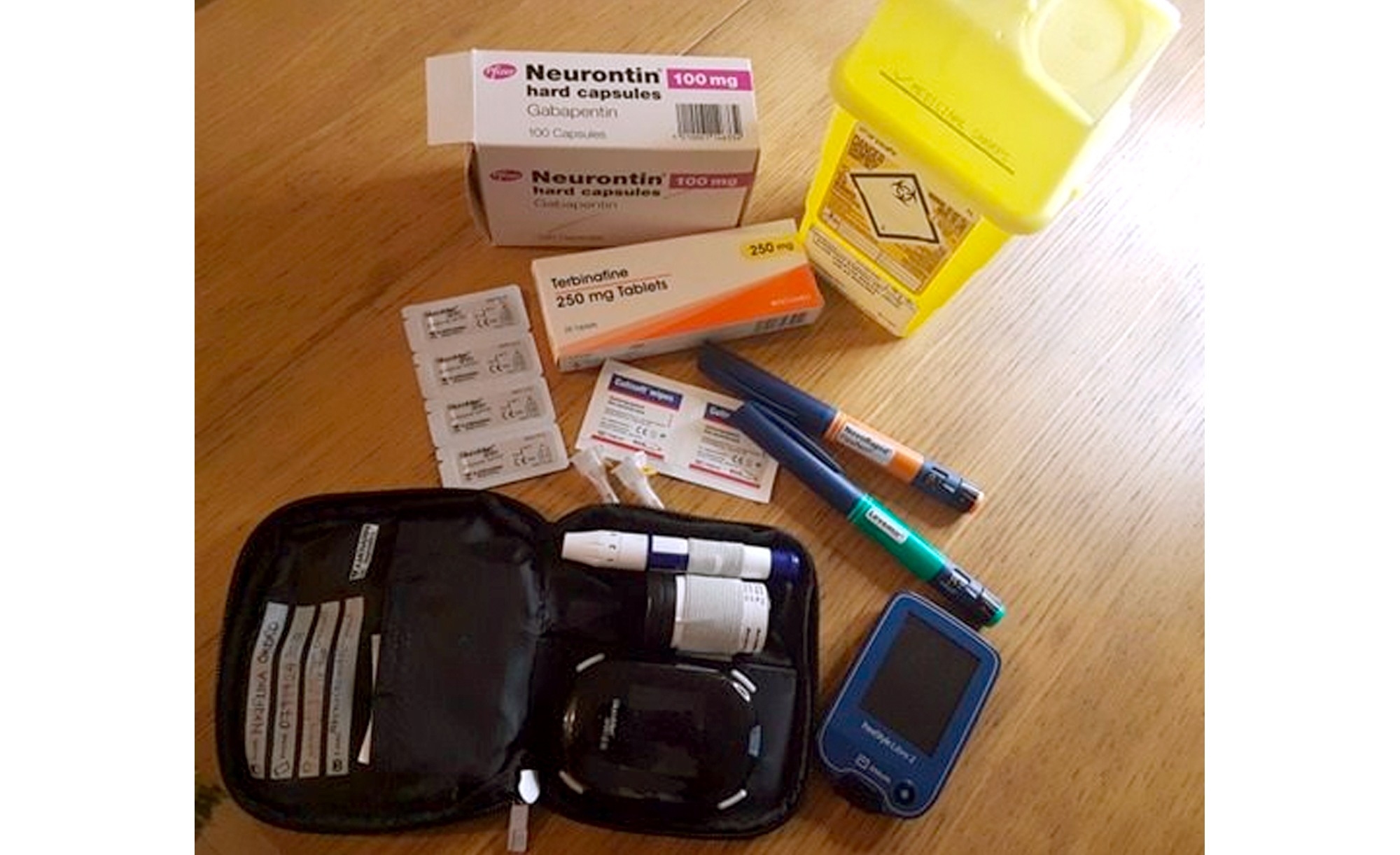
Above are my daily selfcare-management supplies: my CGM (Freestyle Libre 2), blood glucose monitor, basal-bolus insulin (Novorapid-Levemir), Glucomen ketone stripes, penfill needles, Gabapentin (for managing neuropathic pain), sharps box and Terbinafine tablets to manage fungal infections in my toenails.
3 April 2023
My challenges living with T1D
The main challenge faced within my community setting in Nigeria, is majorly the inadequate understanding of diabetes. There is still insufficient knowledge about diabetes, other NCDs among persons living with the NCDs, and the healthcare professionals.
In addition, the cost of diabetes care in Nigeria, is so expensive and unaffordable and impacts negatively on quality of life. I paid out of pocket for all my diabetes care in Nigeria. I can lend my voice in collaboration with policy makers at the community level using education as an advocacy tool to help towards the prevention of NCDs or its related complications.
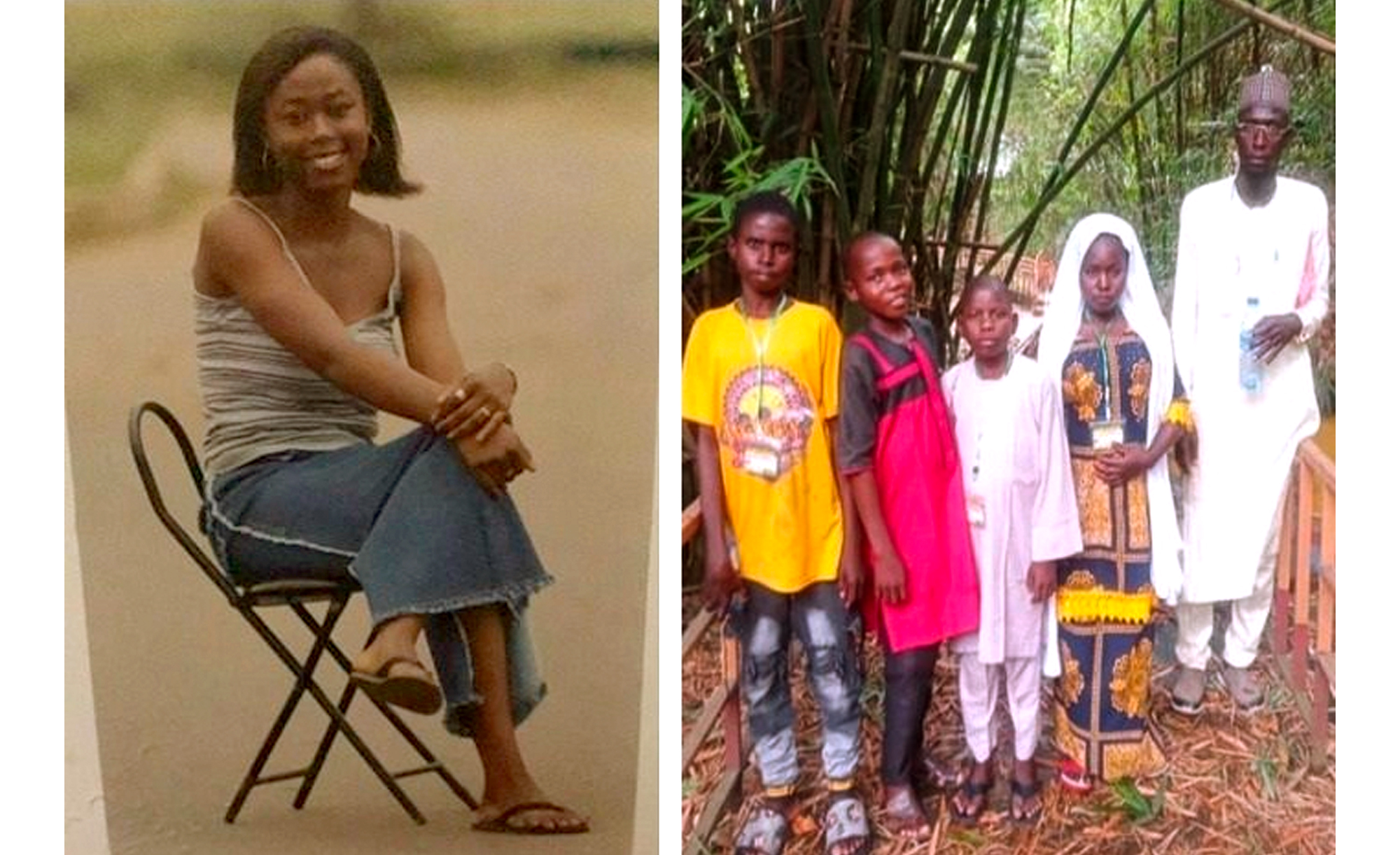
This is me left on the left, 3 years after my diagnosis (2001). On the right, children living with type 1 diabetes at the last held diabetes youth camp in Ogun State, Nigeria (23rd August 2022). You can observe that the children and I share physical loss of body mass similarity. I didn’t have adequate diabetes knowledge then and so do these kids now in the 21st century. Photo credit; Nkiruka Okoro and Helen Vambe.
3 April 2023
My support system
I would not have been able to do this on my own without the constant support from my family and my healthcare providers in the UK. My family has always been my greatest support system in this journey with T1D.
The collaborative efforts of my healthcare providers, alongside myself and my family led to the outstanding results of my much-improved health and quality of life. On the part of the healthcare providers, continuous diabetes education, helped my family and I imbibe the culture of healthier lifestyle which prevented me from developing other diabetes related secondary complications.
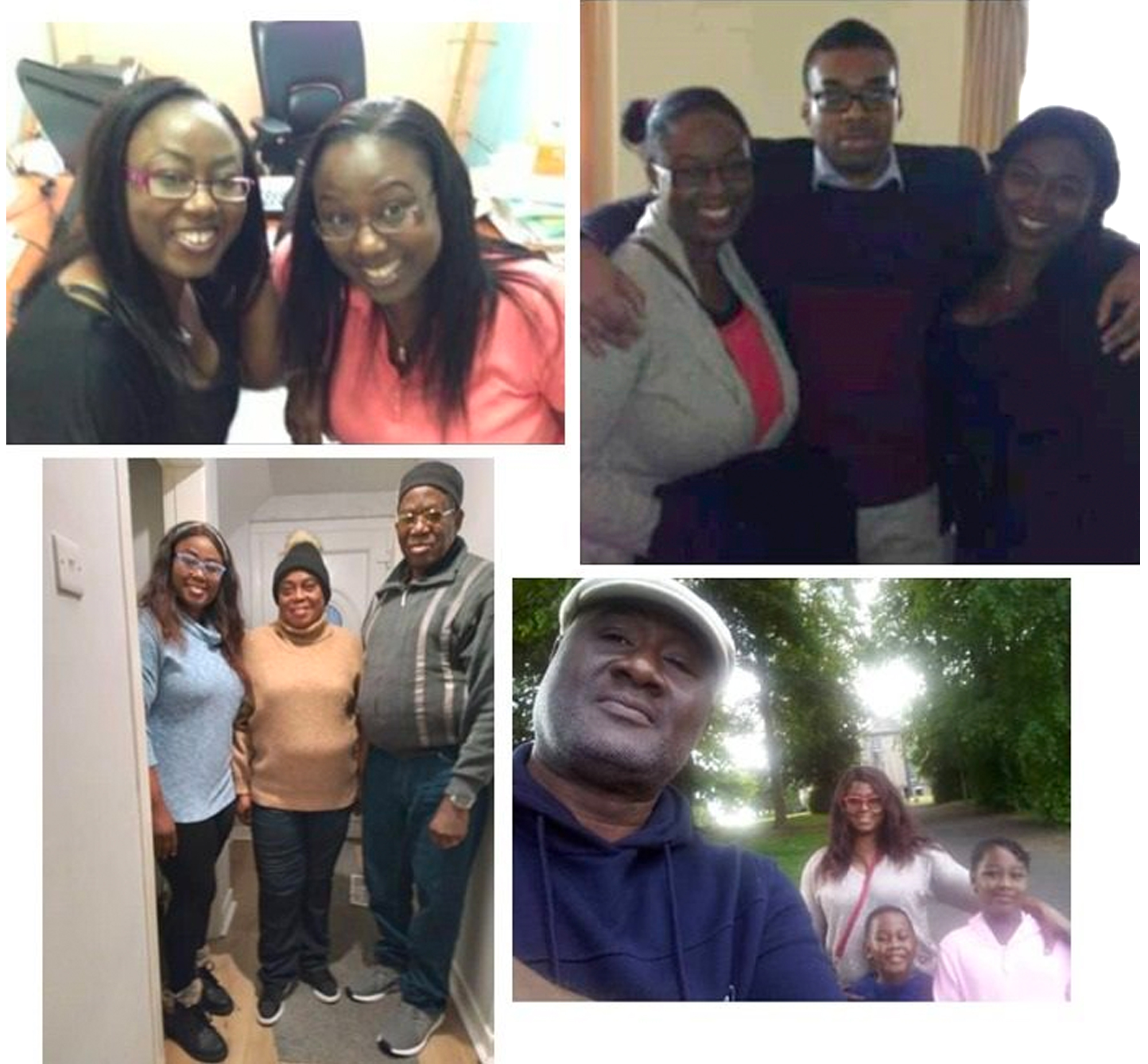
In this photo, my family in a nutshell. Top left: my twin sister and I, she was always by side. Helped me countlessly with my hypo episodes. Top right: my twin sister, my brother and I, the all-round care and support in my hospital admissions was so encouraging. Bottom left: my parents and I, they had a lot of sleepless nights and emergency calls, all to keep me alive. Bottom right: my husband and kids. They always understood what to do in times of mummy’s emergencies. I even taught my husband and daughter how to administer glucagon injections and check my blood sugars if am unconscious.
3 April 2023
A diabetes action plan for healthcare providers, family members, the government and the entire community
As my saying goes, “If you understand diabetes, diabetes will understand you”.
Diabetes has reached a global epidemic proportion in most recent times, and policy makers, family members and the community need to develop strategies to promote early diagnosis and secondary prevention.
From my lived experience lens with diabetes, I would implore the policy makers to develop and adopt an action plan, following the Global Diabetes Compact, that would entirely focus on how to prevent diabetes, promote early diagnosis and secondary prevention, and support persons living with diabetes by making drugs, tools, and information accessible and affordable.
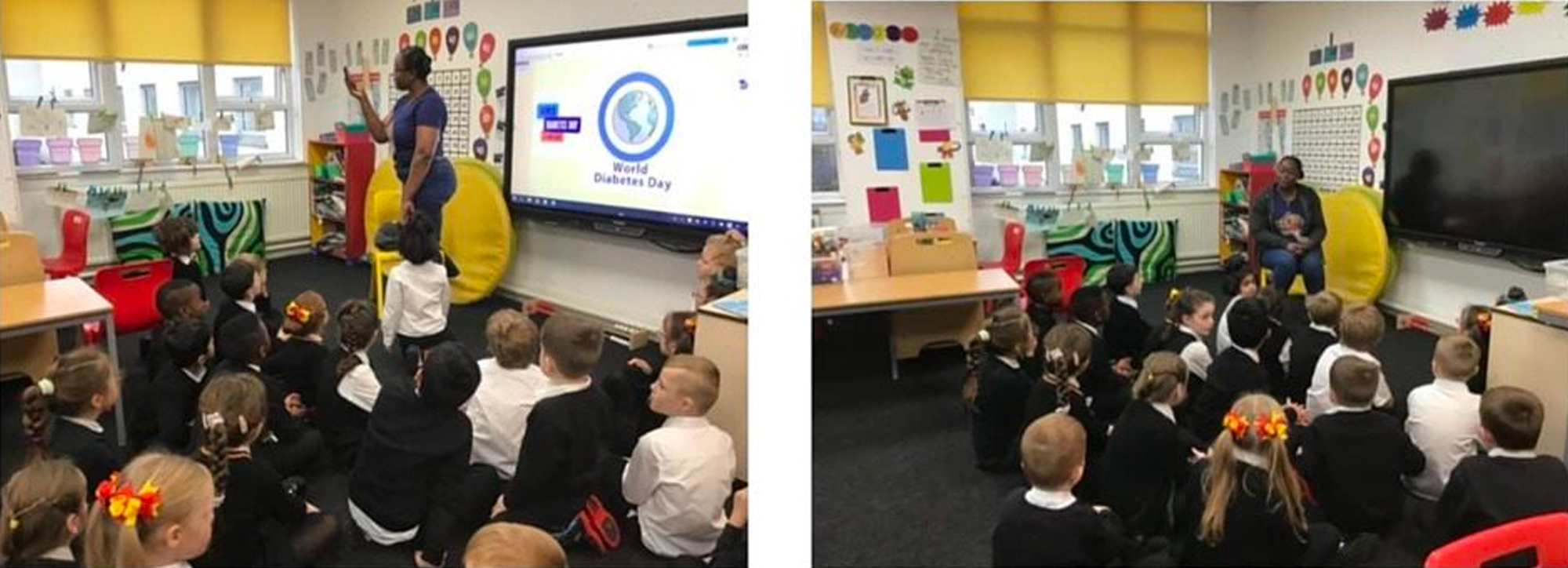
This photo was taken at St Mark’s primary school in Glasgow, Scotland on WDD, 14th November 2022. I was educating the kids about how they can be part of their peer’s care team. I explained the importance of teamwork in diabetes care. One quarter of this small class live with type 1 diabetes.
NCD Diaries
My journey with Type 1 Diabetes from age 7 till now 41 has not been easy. To get the right care plan for me initially was saddled with trials and errors. My diabetes later resulted in neuropathy and retinopathy at age 10. However, with my amazing support system, I was able to understand diabetes better and in turn diabetes understood me and disease progression was prevented.
Nkiruka Okoro, lived experience of diabetes, United Kingdom
About NCD DIARIES
The NCD Diaries use rich and immersive multimedia approaches to share lived experiences to drive change, using a public narrative framework.

